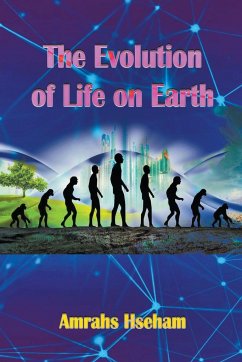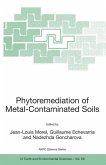The study of the history of life on Earth has important implications for our future. The challenges we face today - from climate change to the loss of biodiversity - are inextricably linked to the complex relationships between organisms and their environments. Understanding the history of these relationships is crucial for making informed decisions about the future of our planet. One of the most important lessons of this book is the interconnectedness of life on Earth. From the smallest microorganisms to the largest mammals, every organism plays a role in the larger ecosystem. The health and survival of one species is linked to the health and survival of many others. This understanding is critical for addressing the environmental challenges that we face today. The study of the history of life on Earth also highlights the resilience of life. Throughout history, the planet has undergone multiple mass extinctions, each of which has devastated the diversity of life. However, life has always found a way to bounce back, to evolve and adapt to new environments and challenges. This resilience gives us hope for the future, that even in the face of the challenges we face today, life on Earth can continue to evolve and thrive. At the same time, however, the history of life on Earth also serves as a warning. Many of the challenges we face today - from climate change to the loss of biodiversity - are the result of human activities. We have altered the planet in ways that have significant and lasting impacts on the environment and on other species. If we do not take action to address these impacts, the consequences could be catastrophic. The study of the history of life on Earth also highlights the critical role of humans in shaping the future of our planet. We are the only species on Earth that has the capacity for deliberate action to shape the world around us. As such, we have a responsibility to use this capacity to protect and preserve the diversity of life on our planet, for the benefit of both ourselves and future generations. From the tiniest bacteria to the largest whales, every organism has a unique and important role to play in the larger ecosystem. The history of life on Earth is a testament to the power of evolution, to the resilience and adaptability of life, and to the interconnectedness of all living things. We hope that this book has provided readers with a deeper understanding and appreciation of the history of life on Earth, and that it has inspired a sense of responsibility to protect and preserve this rich diversity for generations to come. The challenges we face today are significant, but by working together and drawing on the lessons of the past, we can create a better future for ourselves and for all life on Earth.








